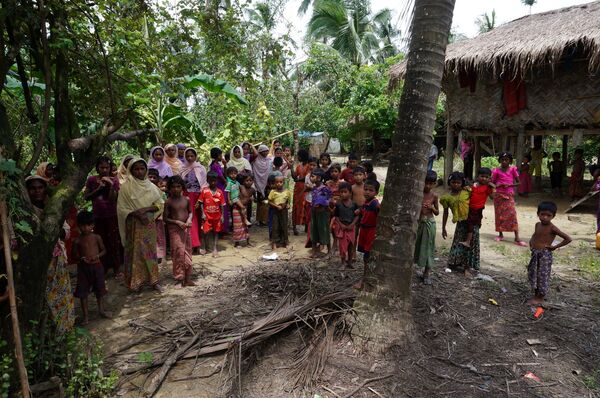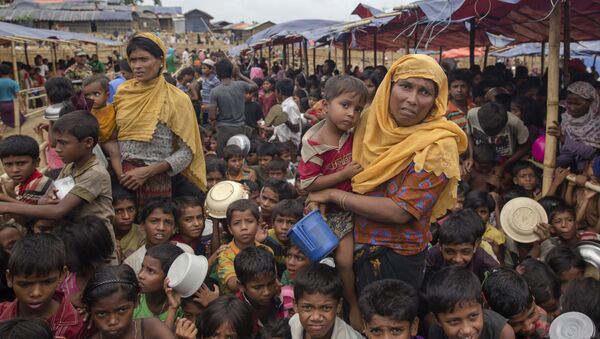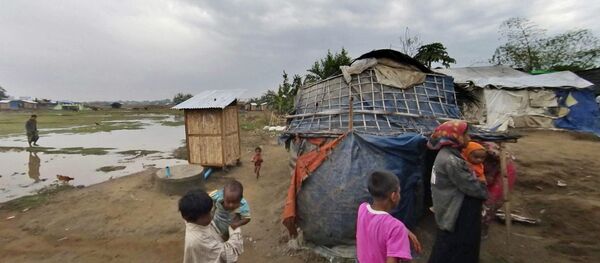Sputnik discussed this with Dr. Jason von Meding, a Senior Lecturer at the University of Newcastle, Australia who has been busy filming DEVIATE, a documentary which tells the stories of marginalized people.
Sputnik: With the way things have been developing in Myanmar, how likely is the prospect of Rohingya refugees returning to Rakhine?
Sputnik: We've heard a lot about nationalism, ethnic purges regarding the Rohingya, government involvement, military involvement, but you've mentioned corporate interests, and that's something we don't hear a lot about in the mainstream media, can you elaborate on that?
Dr. Jason von Meding: It's been the tactic of the military for several decades in Myanmar and I think the reason we don't hear about this is that most of the governments that are criticizing human rights abuses — which is pretty easy for them to do without really getting to the root causes — most of them are not really prepared to deal with these root causes, which have to do with corporate interests. The Myanmar military has been targeting small builders in Myanmar for decades to grab their land, and this has led to many conflicts; not just with the Rohingya but many other groups. I think the real problem is that many of the governments that are criticising the human rights abuses would like the abuses to cease but they are actually implicated in other ways in this situation through arms deals, through natural resource exploitation, and through corporate interests such as big agrobusiness.

Sputnik: What kind of solution do you see possible? It would be great of course if the corporations and government interests were addressed and were called out by the international community as far as to why you are you going to train the military when it's the military that has been perpetrating a lot of these horrific acts.
Dr. Jason von Meding: What is clear is that the military are connected with these corporate interests and with economic interests in the region, and you have to assume that there's many people who have economic interests in this military repression. So I think the way to tackle this is to target the economic angle and to ensure that the kind of economic development that they wish to happen there is not allowed to continue until safeguards are put in place on the lives and livelihoods, and rights of the Rohingya.
The views and opinions expressed in this article are those of the speakers and do not necessarily reflect those of Sputnik.



